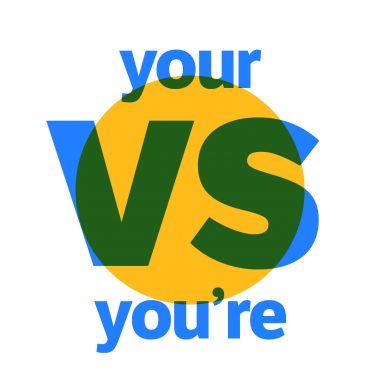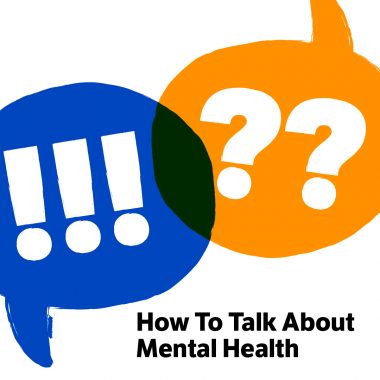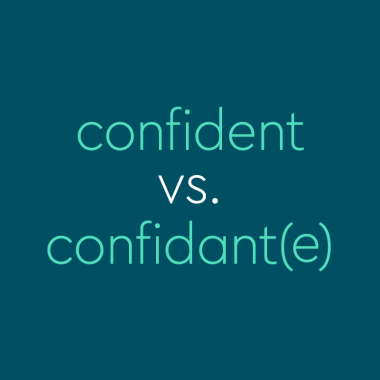“Your” vs. “You’re”: How To Choose The Right Word
English is full of confusingly similar words, including ones that can be used right next to each other in a sentence. Among the most common mistakes when writing—especially when writing something quickly like an email or text—is using you’re and your incorrectly. In this article, we’ll help you remember which one to use every time so that when it comes to choosing your or you’re, …











